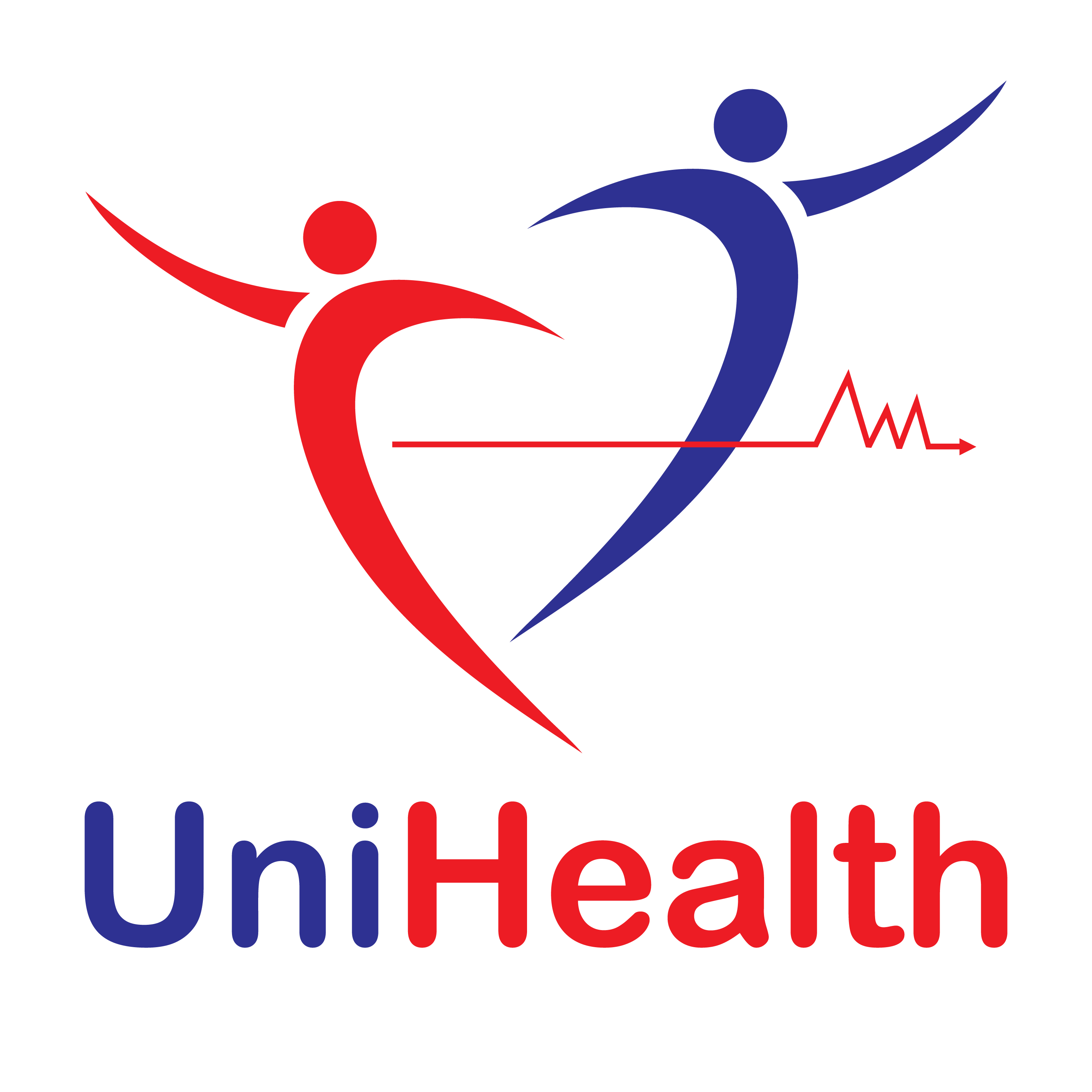Understanding HIV/AIDS in Uganda: Protecting Yourself and Living Well
HIV (Human Immunodeficiency Virus) and AIDS (Acquired Immunodeficiency Syndrome) remain significant public health concerns in Uganda. While significant progress has been made in reducing HIV transmission and improving the lives of those living with HIV, understanding the virus, its impacts, and available resources is crucial for individual and community well-being.
What is HIV/AIDS?
HIV is a virus that attacks the body's immune system, gradually weakening its ability to fight infections and diseases. If left untreated, HIV can progress to AIDS, a condition where the immune system is severely compromised, making people susceptible to various opportunistic infections.
Transmission of HIV in Uganda
HIV is primarily transmitted through:
- Unprotected sexual contact: This is the most common mode of transmission in Uganda.
- Sharing needles or syringes: Sharing contaminated needles or syringes used for injecting drugs or medical procedures can spread HIV.
- Mother-to-child transmission: A pregnant woman living with HIV can transmit the virus to her baby during pregnancy, childbirth, or breastfeeding.
Preventing HIV Infection
Fortunately, numerous effective strategies can significantly reduce your risk of contracting HIV:
- Practice safe sex: Always use condoms consistently and correctly during every sexual encounter.
- Get tested for HIV: Regular HIV testing is crucial for early detection and treatment, preventing transmission to others.
- Prevent mother-to-child transmission (PMTCT): Pregnant women living with HIV can access antiretroviral (ARV) medications to significantly reduce the risk of transmitting the virus to their babies.
- Avoid sharing needles or syringes: Use only sterile needles and syringes for medical procedures or injections.
Living Well with HIV in Uganda
If you've been diagnosed with HIV, it's important to remember that you're not alone. Significant advancements in HIV treatment have transformed the lives of people living with the virus. Here's what you need to know:
- Antiretroviral Therapy (ART): ARV medications are highly effective in suppressing HIV replication, keeping the viral load low, and strengthening the immune system. Early initiation and consistent adherence to ARV therapy can allow people with HIV to live long and healthy lives.
- Treatment Availability: Uganda has made significant strides in expanding access to ARV therapy. Talk to your healthcare provider about accessing ARV treatment programs.
- Support Groups: Connecting with support groups can provide invaluable emotional support, information, and a sense of community for people living with HIV.
Combating Stigma and Discrimination
Unfortunately, stigma and discrimination against people living with HIV persist in Ugandan society. This can discourage people from getting tested and accessing treatment. It's crucial to understand that HIV is not a death sentence, and people living with HIV who are on effective treatment can lead healthy, productive lives.
Here are some resources for combating stigma and discrimination:
- Uganda AIDS Commission: https://www.uac.go.ug
- National Empowerment Network of People Living with HIV/AIDS in Uganda (NEPLU): https://nafophanu.org
Living a Fulfilling Life with HIV
With proper medical care, a healthy lifestyle, and a strong support system, people living with HIV in Uganda can live long and fulfilling lives. Here are some additional tips:
- Maintain a Healthy Lifestyle: Eating a balanced diet, exercising regularly, and getting enough sleep all contribute to a healthy immune system.
- Manage Stress: Chronic stress can weaken the immune system. Practice stress-reduction techniques like yoga, meditation, or spending time in nature.
- Stay Informed: Educate yourself about HIV and its management. Reliable sources of information include the Ugandan Ministry of Health and reputable international organizations like UNAIDS.
Remember
- HIV testing is confidential and readily available. Get tested and know your status.
- Early detection and treatment with ARVs are crucial for a healthy life with HIV.
- There is no shame in living with HIV. Access support services and connect with others living with the virus.
By understanding HIV/AIDS, practicing preventive measures, and accessing available resources, we can all contribute to a healthier Uganda where everyone thrives.



